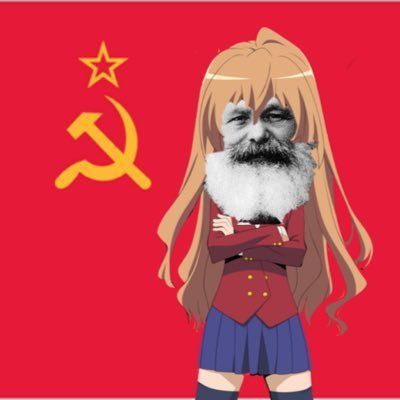I think i understand the basics. For example, a capitalist buys wood for 20 (money) to make a chair, he employs someone else to make the chair which adds value to the wood…lets just say the value added through the labour is 20 (money) the chairs cost therefore is 40 (money) but the capitalist steas some of the added value to make a profit and now the chair is only worth 30 (money). The worker has therefore worked a significant amount of time for free because the value added does not correspond to what the chair is sold for. Thats already what i understand but how exactly does the capitalist turn this into profit? Yes he has gained some money but he still has 30 dollars in debt due to the production costs and the labours costs…and it would not change in the future as the debt just like the value he steals from the workers grows. Can someone pls explian?


This is the point Marx makes when he’s making the distinction between labour and labour-power.
The worker sells his labour-power - his ability to work for a certain period of time - to the capitalist for a wage. That wage is determined by the value of the necessities needed to reproduce the labour-power of the worker (food, rent, etc.) - and it can also fulctuate due to supply and demand.
Labour-power is a special commodity because it creates additional value while it’s used up (while a person is working). The additional (surplus) value created is greater than the value necessary for the reproduction of the used up labour-power, and the capitalist owns the produced surplus value.
Engels explains this distinction, and the reasons why it’s necessary in the introduction to Marx’s Wage Labour and Capital.